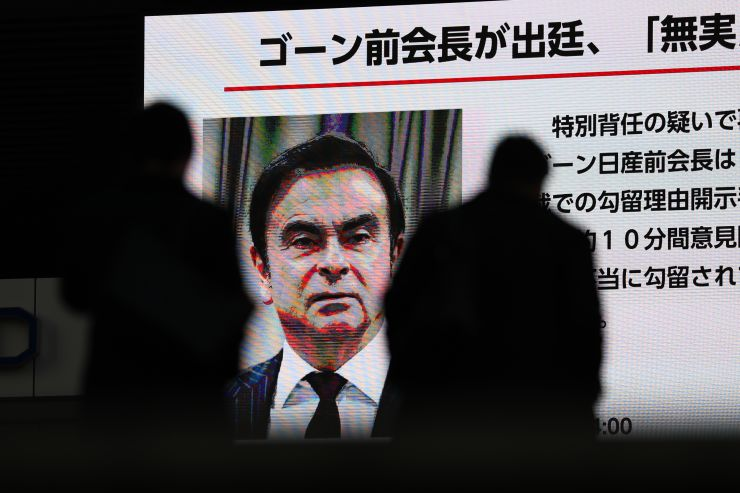MINGYI LI WRITES– Last November, one of the auto industry’s most famous executives was arrested and sent to jail. Now, the CEO of Nissan and Mitsubishi, Carlos Ghosn, awaits his fate with his company. Will it bail out its savior, or remain ethical by letting him serve his full term?
Ghosn was arrested in Japan for embezzling public money for personal usage. According to CNBC, he’s also accused of understating his financial assets by over $80 million over the course of eight years. Now, the company knows that, given such a high profile case, either decision may set a precedent as to how other companies react to similar situations with their high-level employees.
On one end, Ghosn lied to the Japanese tax bureau and undermined the company’s profits, rendering, Nissan, and by extension Japan, the right to punish him and sentence him to jail.
However, from a business perspective, big companies have more incentive to request bail. His longtime experience and expertise in the field have created great reverence as a pioneering businessman within the industry. In the past couple of decades, Ghosn has played an important role in motor manufacturing, so his case is rightfully a controversial one. Back in 1999, Ghosn, then CEO for Renault, took over the Nissan Motor Co., which was on the brink of bankruptcy.
At the time, he made different three-year plans to reduce the debt faced by Nissan. Within the first two years, from 1999 to 2001, he closed 5 plants, eliminated 21,000 jobs, and, in exchange, introduced new vehicle models around the world. His plans allowed Nissan to recover, reclaiming its status as one of the most profitable carmakers in the world. In 2017, vehicle sales by the Nissan-Renault Mitsubishi Alliance created by Ghosn were ranked number two worldwide — with 10.61 million cars sold.
So far, Nissan has not made an official statement about Ghosn. However, if the Japanese government is lenient, he could be acquitted by the summer and be a free man again.
Is that right? What’s better for Japan? We know what’s better for Ghosn, but what message does the Japanese government wish to deliver? Ethics or economic gain?

